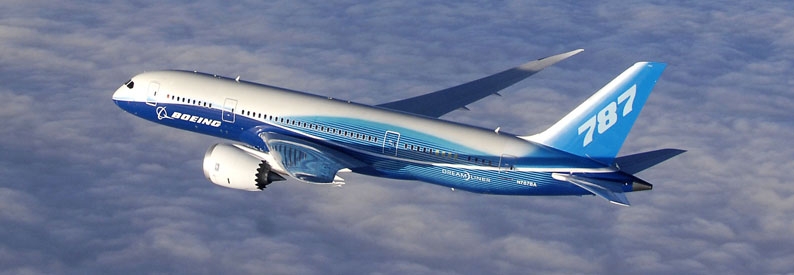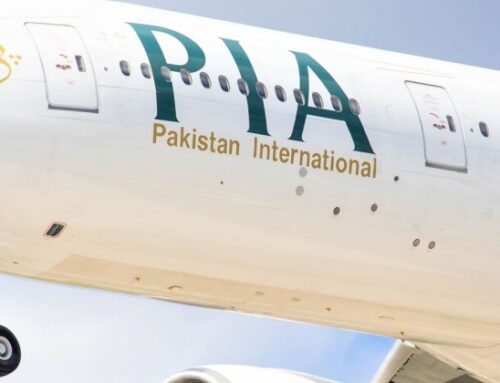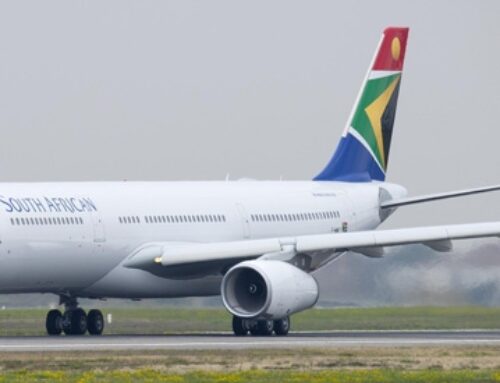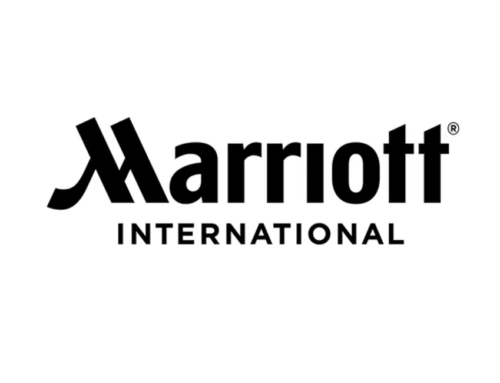
As Boeing prepares for a leadership change later this year, the incoming CEO faces an immense challenge: orchestrating a profound cultural shift within the company’s vast workforce of over 170,000 employees, a significant portion of whom are engineers.
The realm of modern air transportation stands as a testament to human ingenuity, where complex aircraft take to the skies daily with unparalleled safety records. Yet, behind this remarkable feat lies a meticulously crafted blend of engineering excellence, rigorous quality processes, and steadfast adherence to safety protocols—a cultural ethos that forms the backbone of the aviation industry. However, it’s this very cultural element that appears fractured within Boeing.
To revitalize Boeing’s ethos, the new CEO must surround themselves with individuals who share a genuine passion for aviation and the company’s mission to craft exceptional airplanes. Executive discussions should transcend mere financial metrics, delving into the realm of product innovation, customer feedback, and, critically, safety imperatives. Authenticity is paramount; Boeing’s leadership must embody a sincere enthusiasm for their unique products.
This approach mirrors the successful ethos cultivated by Airbus, where leaders embrace a deep appreciation for aviation. From parachuting out of new aircraft to piloting stratospheric gliders, Airbus CEOs exemplify a genuine “AvGeek” culture that permeates the organization—a stark contrast to mere “bean counters” who lack this intrinsic passion.
Furthermore, Boeing could emulate the transformative impact of broad-based equity ownership seen in select industrial companies. By extending meaningful ownership stakes to all employees, not just executives, Boeing can foster a culture of shared responsibility and pride in company operations. Such an initiative not only boosts operational performance but also strengthens labor relations—a critical aspect given Boeing’s historical challenges in this realm.
The development of Boeing’s most recent aircraft, the 787, commenced two decades ago. Airlines often share a strategic mindset akin to that of the military. Falling short on technological parity with competitors implies a vulnerability to being undersold and outperformed on specific routes. Thus, Calhoun’s insistence that a new jetliner must surpass current equipment by 20-30% is misguided. Given the narrow profit margins in the airline industry, even a modest performance enhancement of 10-15% can yield significant advantages, as demonstrated by the Boeing 777-200 compared to the Airbus A340-300 or McDonnell Douglas MD-11, or the 787 relative to the A330. Moreover, the concepts for new jetliners promise considerably greater improvements than those percentages suggest.
Moreover, Boeing must embrace a bold vision for the future, transcending the incrementalism that has characterized its recent aircraft developments. A steadfast commitment to delivering a true-zero-emissions aircraft—a moonshot akin to NASA’s lunar landing endeavor—can reignite employee enthusiasm and position Boeing as a leader in sustainable aviation technologies.
As someone who has been immersed in Boeing’s engineering pursuits and writing about civil aviation for four decades, my optimism for the company’s potential resurgence remains unwavering. By placing a premium on passion over profit, empowering employees as stakeholders, and embracing ambitious objectives, Boeing can navigate a path towards revitalized eminence in the skies and space.
Related articles: The Most Influential Post-War Boeing CEOs, Boeing’s Leadership Overhaul and Commitment to Safety: Navigating a Pivotal Moment in Aerospace, Examining Dave Calhoun’s Leadership Challenges and Impact as CEO of Boeing, & https://www.airguide.info/?s=boeing
Sources: AirGuide Business airguide.info, bing.com, boeing.com, airbus.com







